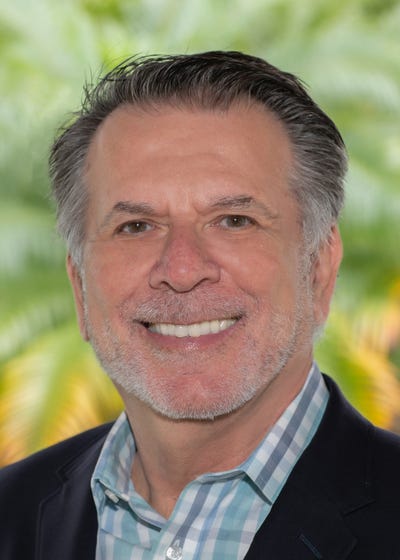401(k) Industry Sends Urgent Call to Wealth Advisors401(k) Industry Sends Urgent Call to Wealth Advisors
Convergence and the growth of new plans are beyond what RPAs can handle.

After years of telling inexperienced financial advisors they should stay away from defined contribution plans like 401(k)s because of the complexity and fiduciary liability, the defined contribution industry is now desperately trying to “activate them.”
Why now?
With the explosion of DC plans, which is only expected to accelerate, due to government mandates, tax credits on SECURE 2.0 and the war for talent requiring employers to up their game through benefits like retirement plans all facilitated by PEPs, there is no way that the 13,000 DC specialists of 288,000 total active financial advisors can handle all these new plans.
Until recently, wealth advisors stayed away from DC plans because the margins are minuscule, the liability is high and few if any are willing to learn the arcane ERISA legislation which, like Old Testament gods, have lots of rules and is very unforgiving. Remember that a 1982 court case said that fiduciary liability under ERISA carries the highest liability known to law in the world. What’s to like?
It just takes one wealth client either forced to start a plan or needing help with their current one to get a wealth advisor’s attention. The biggest challenge for most wealth advisors is finding new clients while most of their current clients are business managers or owners. Many are realizing that DC plans are a good source of prospects as just 3% of DC participants have a financial advisor. Not all participants are great prospects, but many are, especially HENRYs (high earners not rich yet) and the next 10% as only half of the wealth in the U.S. is advised.
And even if the opportunities are not that compelling, the risk of another advisor disrupting their relationship is.
Not only are new plan formations harkening wealth advisors, but the ability to outsource much of the work and liability through their home office, third parties or PEPs is growing. Previous versions of the DOL’s fiduciary rule have made it harder for dabblers with the current Retirement Security Rule even worse. As the fiduciary wave grew, wirehouses required dabblers to work with specialists, especially for larger plans, and independent broker/dealers tried to put guardrails around DC plans though select providers. The result was fewer specialists with most independent advisors fending for themselves working with the last wholesaler they saw plus a third-party administrator as most retirement divisions did not enjoy robust resources.
That dynamic is changing as well for broker/dealers—Morgan Stanley’s James Gorman recently stated that the workplace will be the biggest source of new assets in the next decade. UBS, whose average plan had been $33 million because they funneled everything to their specialists, has changed their model, experiencing tremendous growth through greater field and home office support reaching out to wealth advisors about clients with plans.
One broker/dealer told me that they recently closed a $4 billion plan because one of their wealth advisors managed the CEO’s money.
So just like plan sponsors who need to be sold and outsource everything, wealth advisors need the right push, training and resources requiring them to do the minimum.
The three dynamics at play are:
Logic – it just makes sense there will be new plans and employers will be more focused on retirement plans with the war for talent and the growth of the gig economy.
Regulations – fiduciary rules and restrictions, which might inhibit rollovers and the sale of out of plan annuities.
Relationships – most wealth advisors have many clients that have some control over a DC plan.
All are important but relationships rule. Wealth advisors have relationships and armed with support of their home office, the right tools and third party fiduciaries, can effectively compete with Triple F advisors especially as more assets flow into professional managed products like target date funds.
The age and dominance of the dabbler is coming. There is great value in the endorsement of an employer and trusted position to service participants driven by the convergence of wealth, retirement and benefits at the workplace. RPAs are trying to beef up their wealth services just as wealth advisors looking to enhance their DC resources. Who is more likely to succeed? Hopefully both.
Fred Barstein is founder and CEO of TRAU, TPSU and 401kTV.
About the Author
You May Also Like







